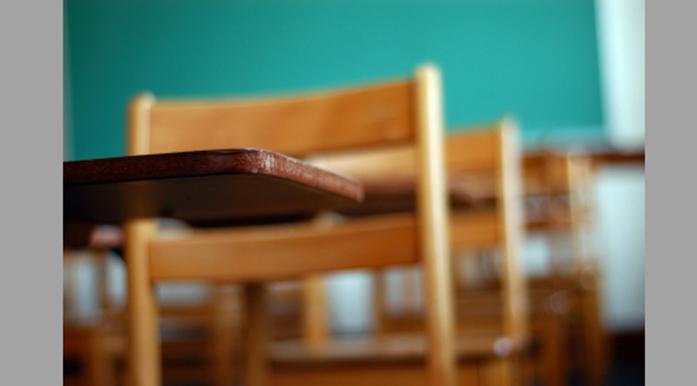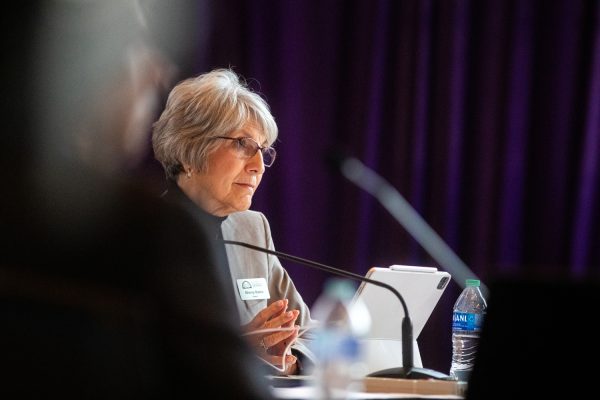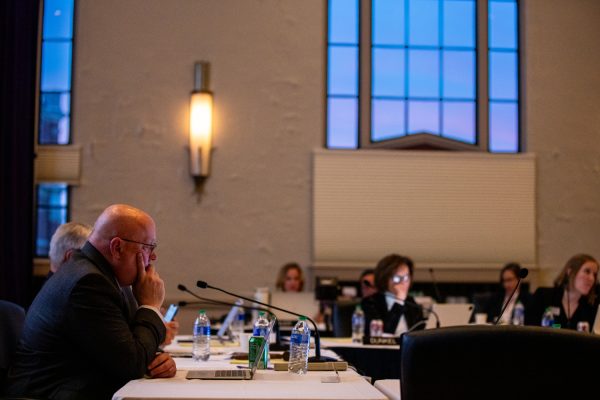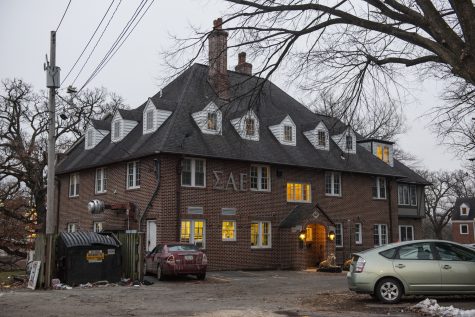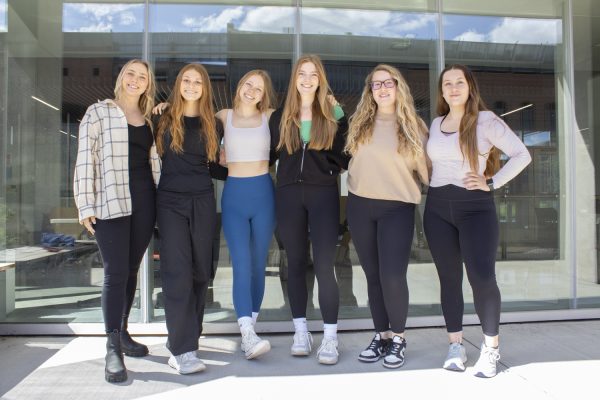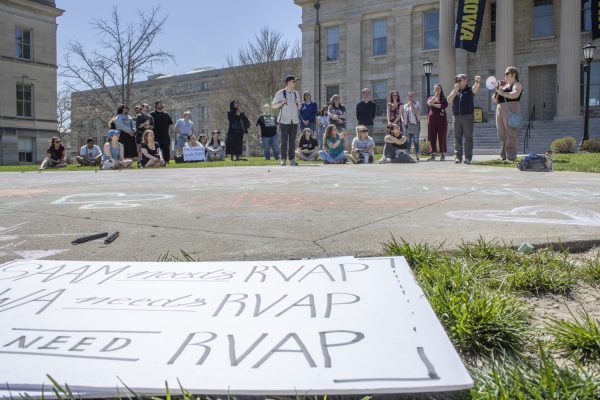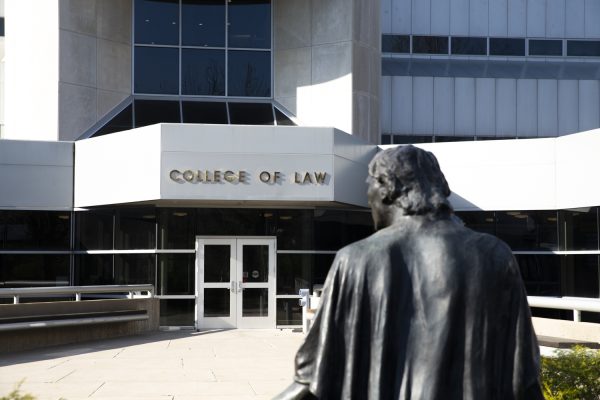Liberal arts eyes revamping general education
The University of Iowa’s general education program aims to offer students flexibility while preparing them for employment after graduation.
October 27, 2016
A report shows the University of Iowa lacks three key components to its general-education program: U.S. history, economics, and mathematics.
The American Council of Trustees and Alumni, a national organization, compiled a “What Will They Learn” report on 1,100 colleges and universities in the United States and gave them each a letter grade. The UI general-education program received a “B.”
The grades were based on the institution’s general-education course requirements in seven different areas — composition, literature, foreign language, U.S. history, economics, mathematics, and science.
Eric Bledsoe, the council’s director of curricular improvement and academic outreach, said the report is put together in response to employers’ concerns over hiring college graduates with a well-rounded education rather than people who are overly specialized in a certain area.
“General education across the country, by and large, is becoming more lax, and ‘What Will They Learn’ seeks to promote education on the issue and to show people that there are schools out there that have rigorous programs still committed to academic excellence,” he said.
To earn an “A” by the organization’s guidelines, the institution’s general-education program must require students to take a course in at least six of the seven areas. The UI was given a “B” for lacking three of the seven areas, according to the report.
“We feel that these courses or these subject areas are too essential to college students’ opportunities for careers and career success to just leave to chance as options,” Bledsoe said.
Although the UI offers courses in all areas the report considers, the flexibility of the UI College of Liberal Arts & Sciences general-education program means students are not required to take those exact courses to obtain their degree. For example, economics is an option for completing the program’s social-sciences requirement, though the course itself is not a requirement.
Kathy Hall, the curriculum director for the liberal-arts school, said because the college has such a large enrollment, with approximately 16,000 students, the flexibility allows students to complete requirements for their majors and the general-education program simultaneously.
“It’s a kind of way of equalizing things while also meeting the needs of many students,” she said. “We really try to focus on what we hope students are taking away rather than specific content.”
The last time the general-education program significantly changed its requirements was in 2011 after the UI conducted a study on the program, Hall said. In the summer of 2017, the college will add a diversity requirement for all students entering the UI that semester and beyond.
“We hope from this that students are able to understand the historical basis of inequality humans come from and also have an opportunity to reflect on one’s own values in relationship to this and then to feel and to be able to communicate with people who are different from them,” she said.
The liberal-arts school has a values, society, and diversity component in its general-education program. Hall said the requirement is being split into a values and society requirement and the diversity requirement, which she said is “more self-reflective” than the current area.
UI Student Government President Rachel Zuckerman said UISG came up with the idea which was approved by Faculty Senate in the spring 2016 semester.
“I hope [the diversity requirement] fosters dialogue, and eventually, I hope that translates into better mutual understanding and respect on our campus,” she said.
While this requirement is not something evaluated in the “What Will They Learn” report, Zuckerman said she sees the requirement as a competitive advantage for students as they seek employment after graduation. She hopes to expand the requirement beyond liberal arts to the general-education programs of all colleges at the UI.
“As business and the world globalizes … it does students a lot to be prepared to interact in a global and diverse world,” she said.



